Safeguarding
If you think a child or adult is in immediate danger or a crime has been committed, you should call the police on 999.
The following statement is the House of Levi Safeguarding Policy Statement.
Every person has a value and dignity which comes directly from the creation of male and female in God’s own image and likeness. Christians see this potential as fulfilled by God’s re-creation of us in Christ. This implies a duty to value all people as bearing the image of God and therefore to protect them from harm.
- We accept and endorse the principles of the Diocese of London’s Safeguarding Policy: ‘Promoting a Safer Diocese’ November 2018; and practice guidance of the National Church.
- We commit ourselves to nurture, protect and safeguard all our members, particularly children, young people and vulnerable adults.
- We recognise that safeguarding is the responsibility of the whole church community.
- Safely recruiting and supporting all those with any responsibility related to children, young people and vulnerable adults within the Church including the use of Disclosure and Barring Service (DBS) disclosures and making appropriate referrals to the Disclosure and Barring Service.
- We will respond without delay to concerns or allegations that a child or vulnerable adult may have been harmed, cooperating with the police and social care services in any investigation.
- We will challenge any abuse of power by anyone in a position of trust.
- We will seek to offer pastoral care and support to anyone who has suffered abuse, developing with them appropriate pastoral support.
- We will seek to offer pastoral care and support, including supervision and referral to the proper authorities, to any member of our church community known to have offended against a child, young person or vulnerable adult.
Each person who works within this church community will agree to abide by this policy and the guidelines established by this church.
With that said, we commit ourselves to nurture, protect and safeguard all our members, particularly children, young people and vulnerable adults by doing the following:
We recognise that safeguarding is the responsibility of the whole church community, and we supply all members with access to reporting concerns easily and anonymously.
We accept and endorse the principles of the Diocese of London’s Safeguarding Policy: ‘Promoting a Safer Diocese’ November 2018; and practice guidance of the National Church.
We safely recruit, support and train all those with any responsibility related to children, young people and vulnerable adults within the Church including the use of Disclosure and Barring Service (DBS) disclosures and making appropriate referrals to the Disclosure and Barring Service.
We will respond without delay to concerns or allegations that a child or vulnerable adult may have been harmed, cooperating with the police and social care services in any investigation.
We will challenge any abuse of power by anyone in a position of trust by following the correct reporting procedures.
We will seek to offer pastoral care and support to anyone who has suffered abuse, developing with them appropriate pastoral support.
We will seek to offer pastoral care and support, including supervision and referral to the proper authorities, to any member of our church community known to have offended against a child, young person or vulnerable adult.
Please note: Due to the nature of safeguarding, we can only offer internal support to those who attend the House of Levi International.
We will recommend external agencies for further support where we are not qualified to support.
We have a legal obligation to inform authorities if the safeguarding concern which has been raised is of the nature of harm to oneself or another, especially if people are in immediate danger.
Further guidance can be found in The National Church’s:
1. Safeguarding Policies and Practice Guidance
2. The House of Levi Safeguarding Handbook
Safeguarding Contacts
Our Safeguarding Officers are the first person to speak to if you have any concerns about the welfare of a child or vulnerable adult. Their details can be found below.
